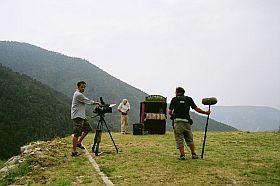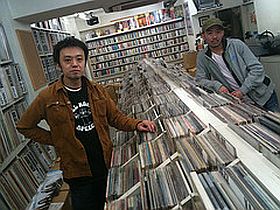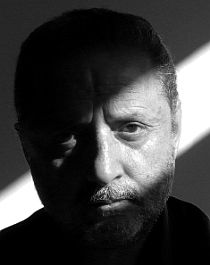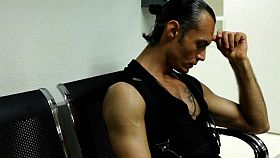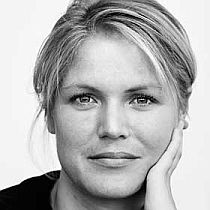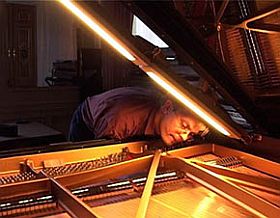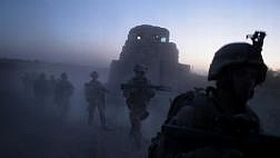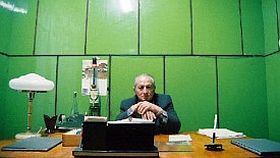


Nelson Pereira: The Music According To Tom Jobim
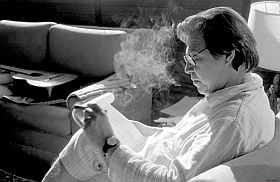
The opening is splendid: Old b/w footage from the 50’s of an aircraft flying into Rio de Janeiro and an orchestral rendition of “Garota de Ipanema” on the soundtrack. I want to go to Rio and I want to see and enjoy this film. The camera is now on the ground and takes us downtown in a car and nothing can go wrong. Or so I thought.
The film has no talk at all but continues like an uncommented anthology with a line of numerous interpretations of the music of Antonio Carlos Jobim. The clips seem to be original and they last for between one and four minutes or so. That means that we rarely get more than a couple of verses and the Portuguese lyrics are sometimes subtitled and sometimes not. More irritatingly, it seems that the film now and again use “new” archive material which was not in the original TV or live performance footage. It’s mostly album covers or posters which the camera pans or tilts over or old stills where they couldn’t resist splitting the layers in that “modern 3D” fashion which is more annoying than meaningful. So as a film I must say it comes across very uneven at times, almost amateurish, and somewhat haphazardly put together. For instance, at one point there is a still of an album with Jobim’s name (again) and you can see that this particular album was arranged by band leader Nelson Riddle. It’s immediately followed by Nara Leão singing “Dindi” with just a guitar player!?
Turning to the music, there seem to be one principle: Two to four different interpretations of each number. That is highly interesting but also quite frustrating at times when a favourite of yours is limited to a mere minute. There might be a slight chronological order (but it doesn’t feel or look that way) and only sporadically is there displayed any development of Jobim’s work or how Brazilian and American jazz music started to affect each other. Sometimes Jobim is seen playing and sometimes he’s not and the film ends with some performances of his with choir and big bands from the late 80’s and early 90’s. On the director’s webpage I realize now that there is a TV program from 1984 listed with the same title, so I expect this to be a newly made version which supposedly had its world premiere at New York Film Festival in October this year.
But before I get all negative on this film about one of the best songwriters in the western world, I would like to point out some gems in the film because it is also a mere joy at times. There are nice recordings with Gal Costa and Adriana Colcanhotto but especially the Americans seem in a good shape with highlights including a virtuous minute and a half with Gary Burton playing “Chega de Saudade”, Sammy Davis Jr. scatting through “Desafinado”, Judy Garland singing “How Insensitive”, Erroll Garner and his trio really getting the right bossa nova feel in “The Girl from Ipanema” and Oscar Peterson playing one of my personal favourites, “Wave”. In these segments you can really hear the benefits of mixing the Latin and the North American musical tradition. However, I think my favourite piece is of Jobim and Elis Regina in a naked studio with a hanging microphone between them singing “Águas de Março” in a very Brazilian way. Here is the undeniable charm of his music which the film – as a film – unfortunately lacks. I don’t miss more info but I miss the film being able to link the emotional impact of the music with mere cinematic craftsmanship.
And then there might be a reader or two who asks how the film included the most famous and bestselling versions of Jobim’s music, namely the recordings with Stan Getz, João Gilberto and Jobim himself. I can only say: It was not in there! Go figure!
seen at
www.cphdox.dk
Nelson Pereira Dos Santos: The Music According To Tom Jobim, Brasilien, USA 2011, 88 min.

